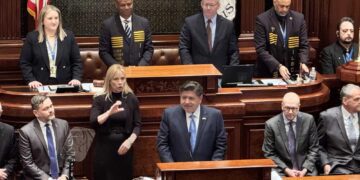Dropping net neutrality will make the internet truly open. Ajit Pai, chairman of the Federal Communications Commission, has proposed dropping net neutrality rules. Such a move, writes Jeffrey Tucker, will serve consumers far better than the old system:
Net neutrality closed down market competition by generally putting government and its corporate backers in charge of deciding who can and cannot play in the market. It erected barriers to entry for upstart firms while hugely subsidizing the largest and most well-heeled content providers.
So what are the costs to the rest of us? It meant no price reductions in internet service. It could mean the opposite. Your bills went up and there was very little competition. It also meant a slowing down in the pace of technological development due to the reduction in competition that followed the imposition of this rule. In other words, it was like all government regulation: most of the costs were unseen, and the benefits were concentrated in the hands of the ruling class.
There was an additional threat: the FCC had reclassified the internet as a public utility. It meant a blank check for government control across the board. Think of the medical marketplace, which is now entirely owned by a non-competitive cartel of industry insiders. This was the future of the internet under net neutrality.
Good riddance, then. No more government-managed control of the industry. No more price fixing. No more of the largest players using government power to protect their monopoly structure.







